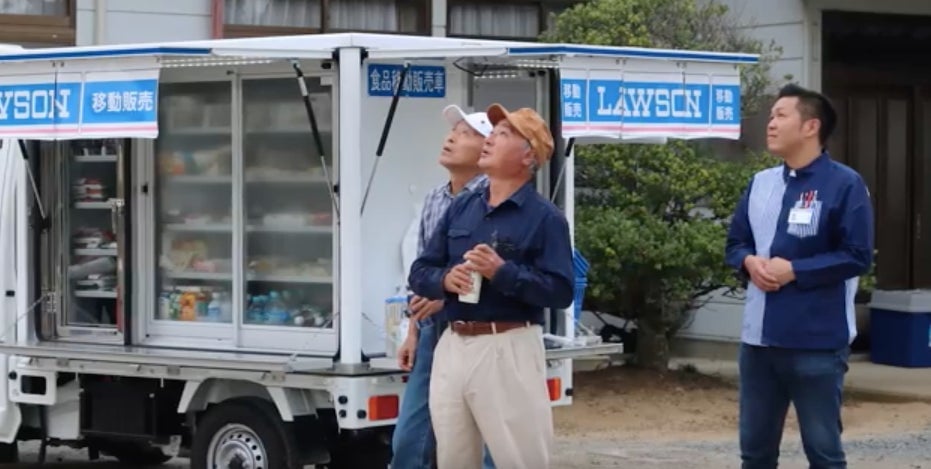A Japanese convenience store used drones to deliver fried chicken to Fukushima
Almost seven years after the nuclear meltdown in Japan’s northeastern Fukushima prefecture that was triggered by an earthquake and tsunami, life is very slowly returning to normal. But in some areas, the conveniences of Japan’s ubiquitous convenience stores remain out of reach.


Almost seven years after the nuclear meltdown in Japan’s northeastern Fukushima prefecture that was triggered by an earthquake and tsunami, life is very slowly returning to normal. But in some areas, the conveniences of Japan’s ubiquitous convenience stores remain out of reach.

Japanese e-commerce giant Rakuten and convenience-store operator Lawson have zeroed in on one city in Fukushima, Minamisoma, to test drone deliveries. Yesterday (Oct. 31) the first delivery by drone was made to residents in Minamisoma, whose population is mostly elderly people who still have difficulty getting access to daily necessities.
The delivery was an order of fried chicken and croquettes (link in Japanese)—staples of Japanese convenience stores—to a 70-year-old man, who was apparently very pleased with the order. It’s also the first drone delivery conducted by a convenience store in Japan.
Minamisoma is located just 25 kilometers (about 16 miles) from the Fukushima Daiichi Nuclear Power Plant, and most of its 71,000 residents were forced to evacuate after the disaster. Last year, the evacuation order was lifted and residents started to return, with the population now at some 57,000. Schools also reopened this spring, according to Rakuten. As part of its recovery efforts, the city is working with the government to turn Minamisoma, a mountainous region, into a sort of ”testing ground for robotics technologies.”
Rakuten started experimenting with drone deliveries last year, and this year delivered hot soup to surfers on the Fukushima coast over a distance of 12 km.
The food items were delivered from a Lawson store in Minamisoma, which reopened in October 2016. Lawson also operates mobile stores, but not all items are available at these mobile sales vehicles. Residents can place their orders at these mobile outlets, after which an employee will call a Lawson store and have the order delivered by drone. Mobile stores are currently available twice a week (link in Japanese) in Minamisoma.
Rakuten said it would test its drone delivery program in Fukushima for six months before deciding whether to make it a more long-term offering. The company said it is also experimenting with using drones to deliver medicine to residents of Minamisoma.